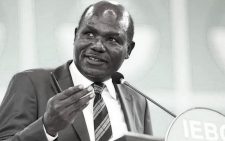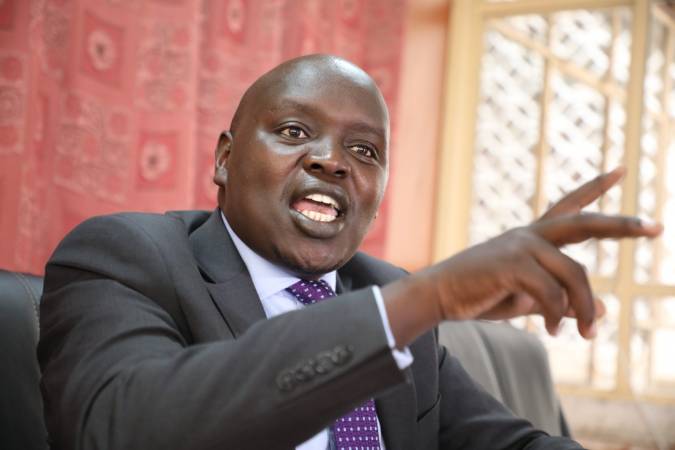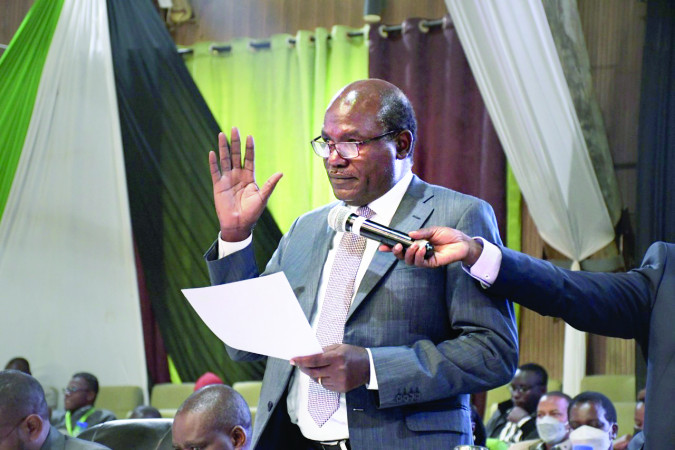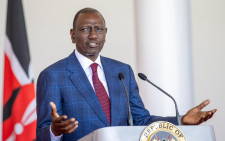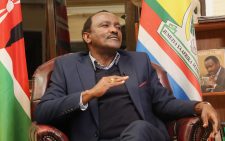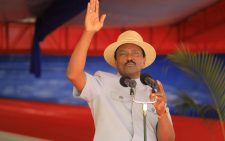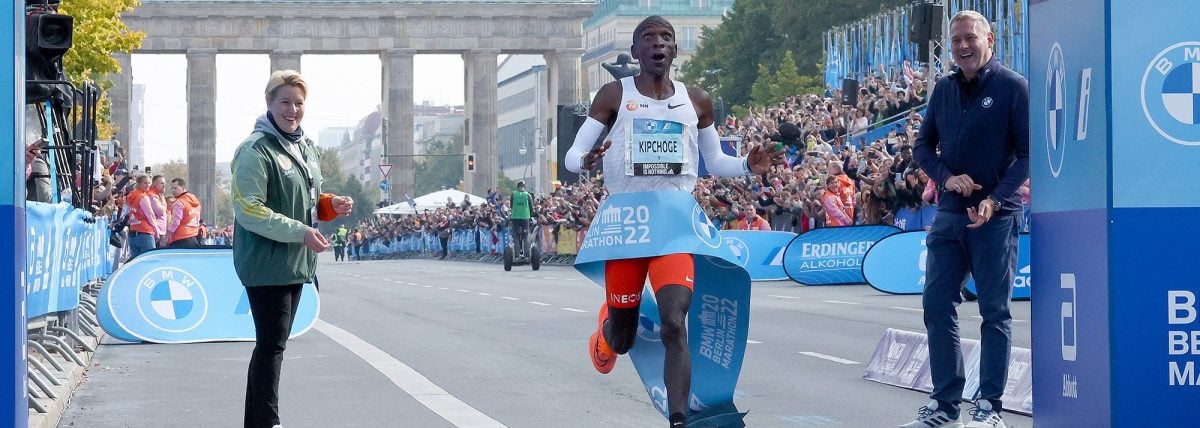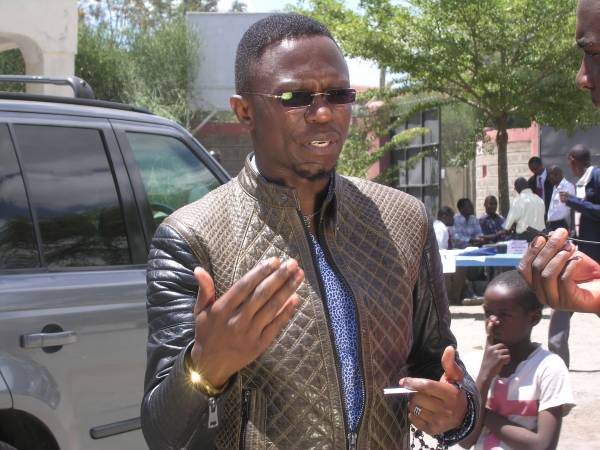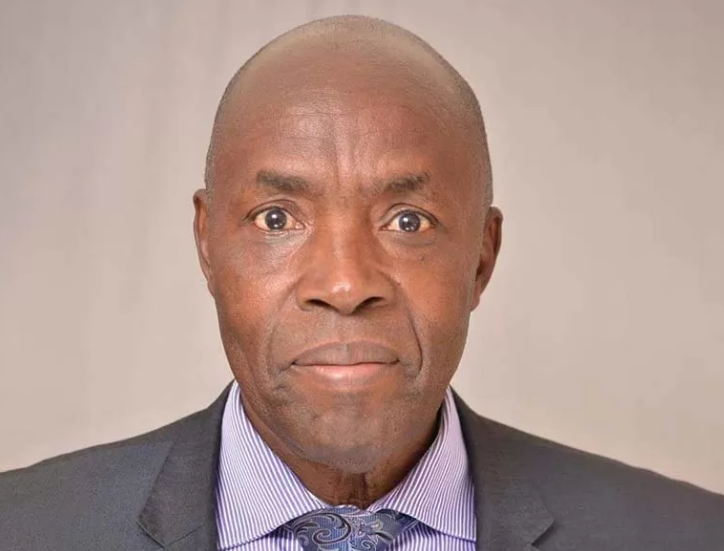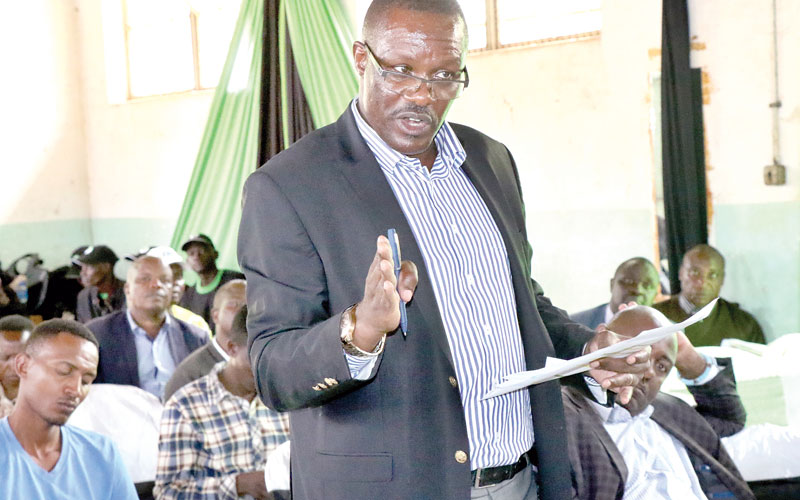Eyes on Chebukati’s conduct at Bomas
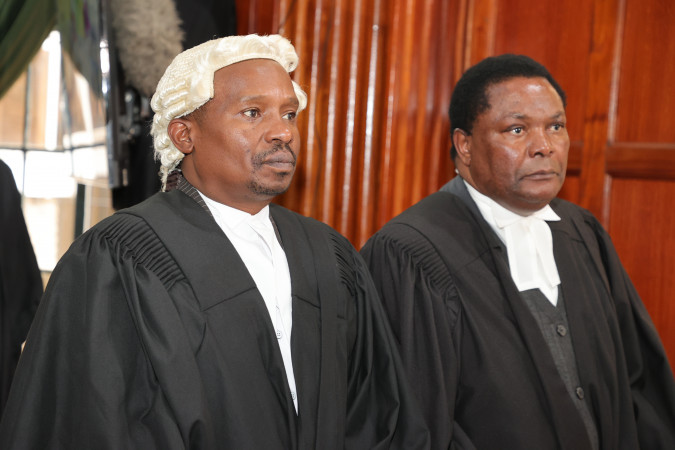
The conduct of the Independent Electoral and Boundaries Commission chairman Wafula Chebukati during the declaration of the presidential results on August 15 was put under close scrutiny yesterday.
Chebukati’s announcement of Deputy President William Ruto as the President-Elect without the affirmation of the majority of IEBC commissioners is among the key issues in the petition to annul the declaration.
Yesterday, most of the secondary petitioners said Chebukati had acted suspiciously ahead of announcing the winner.
The main petitioners are Azimio presidential candidate Raila Odinga and his running mate Martha Karua.
However, there are six other petitioners challenging the results and seeking the same orders as the Azimio leaders.
In their submissions, they focused on Chebukati’s conduct at the National Tallying Centre at Bomas of Kenya.
They said he breached the Constitution and the existing laws as he tallied and verified the presidential results submitted by constituency returning officers.
Youth Advocacy Africa and Peter Kirika, in their submissions through lawyer Paul Nyamodi, said Chebukati had allocated himself the position of a national returning officer for presidential elections, a post that does not exist in law.
“There is no such position as the returning officer of the presidential elections. It is a creation of the chairperson of IEBC. It is created for the purpose of orchestrating calculated schemes,” Nyamodi said.
They also alleged that the chairman allocated peripheral roles to the other five commissioners, only allowing Abdi Guliye and chief executive Hussein Marjan access to the verification centre at Bomas.
“The tallying was carried out alone by the chairman, at best with Guliye and Marjan. These three gentlemen, however eminent, are not the IEBC … The chairman executed a well calculated scheme to grab and run the election on his own. From my estimation, he did it,” Nyamodi told the court.
Six other petitioners
The other petitioners also focused on the behaviour of Chebukati hours to the announcement of the results.
David Kariuki Ngari asked the court to pay closer attention to how Chebukati carried himself ahead of the declaration. Through lawyer Ndegwa Njiru, the petitioner said the chairman had set out to damage the credibility of this year’s elections from the word go.
“We need to interrogate the conduct of the chairman of the IEBC. He is a person who has perfected the art of imperfection,” said Njiru.
Appearing for Khelef Khalifa and others, Willis Otieno told the court the results declared by Chebukati had not been tallied and verified by the whole commission, as required by the law.
“The tallying and verification is done by the commission before the chairman proceeds to announce the results and issue a certificate. The election was conducted by an individual, not a body. A majority of the commissioners did not participate in the tallying of the results,” said Otieno.
Four commissioners of the IEBC have distanced themselves from the results declared by Chebukati and are listed as respondents in the petition.
Busia Senator-elect Okiya Omtatah, who represented himself as the fifth petitioner, among others, presented figures via Power-Point slides, which he said showed the results announced by Chebukati were fictitious. According to Omtatah, neither Deputy President William Ruto nor Azimio leader Raila Odinga achieved the 50 per cent-plus one winner threshold.
“The votes attributed to the candidates are fictitious, according to the figures. These figures are cooked. The Form 34C is an invalid document; this court should not allow it to stand,” said Omtatah.
Senior counsel Tom Ojienda, also acting for some of the fifth petitioners, told the court the presidential election did not meet the constitutional threshold. “This election does not meet the constitutional threshold at all. It is not verifiable,” he said.
Chebukati’s defence
Chebukati, who is the Second Respondent, is expected to present his defence to the court starting today. He is represented by senior counsel Githu Muigai.
Earlier, voter John Njoroge, who was the first to petition the Supreme Court, sought nine declarations, among them that the constitutional mandate for tallying and verifying election results as received from polling stations by the national tallying centre, has to be undertaken by all IEBC commissioners and not just the chairman.
His second prayer was for a declaration that the presidential election held on August 9 was not conducted in accordance with the Constitution and the applicable law, rendering the declared results invalid,.
According to him, IEBC deliberately set out to bungle the presidential election from the time it issued the tender for printing of ballot papers — which resulted in a mix-up of voting materials in certain areas.
